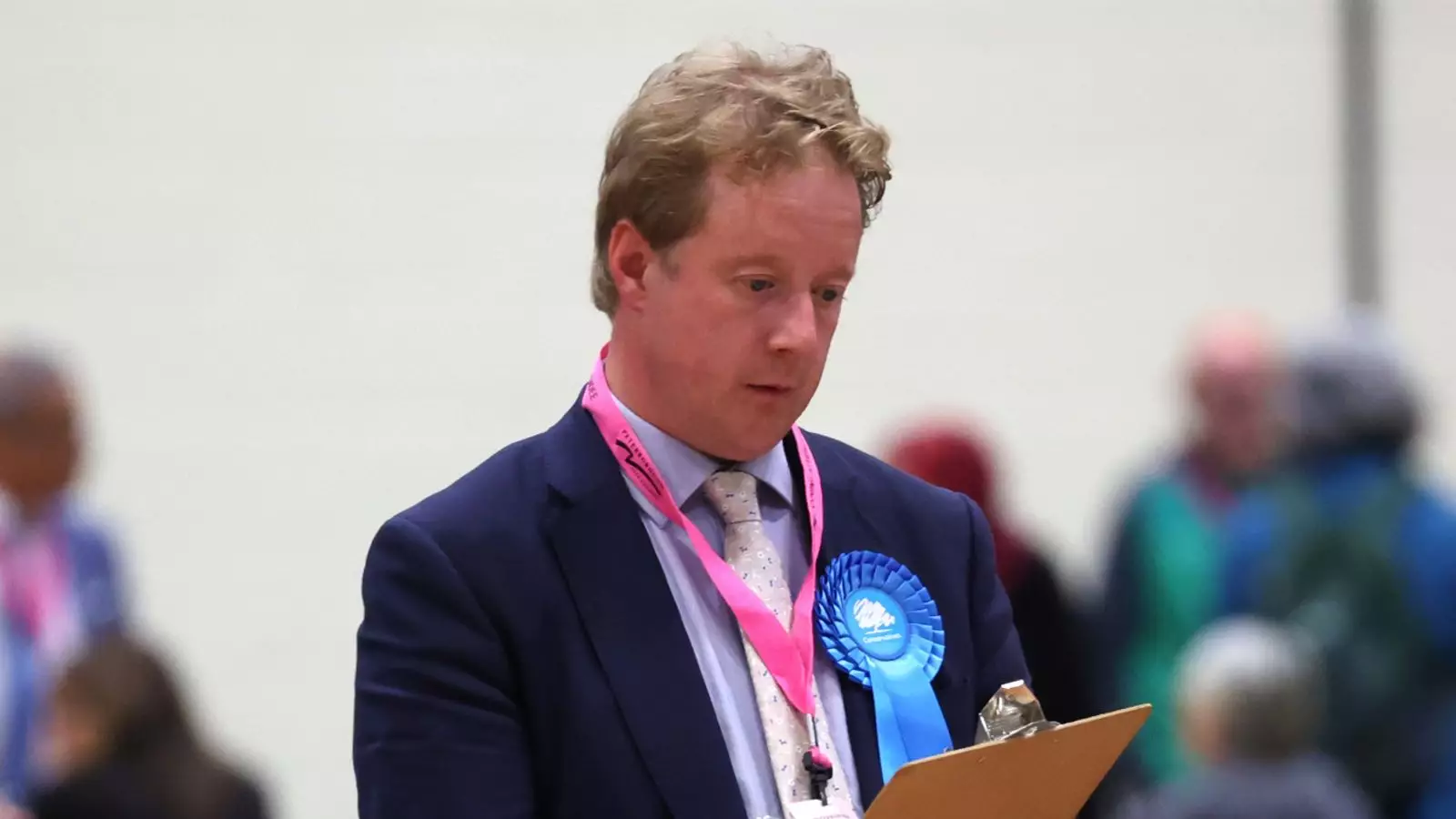A Conservative MP, Paul Bristow, faced severe repercussions after advocating for a ceasefire in Gaza. Bristow’s letter to Prime Minister Rishi Sunak, urging a “permanent” cessation of hostilities between Israel and Hamas, cost him his parliamentary private secretary (PPS) position. This article explores the incident, analyzes its implications, and discusses the consequences of speaking out against the government.
Paul Bristow’s two-page letter to Prime Minister Rishi Sunak expressed concern over the ongoing conflict in Gaza. Bristow questioned the effectiveness of the violence, highlighting the devastating loss of life and the displacement of over a million people. He emphasized the importance of a permanent ceasefire for saving lives and facilitating the delivery of humanitarian aid to the Palestinians. While his intentions were noble, they did not align with the government’s policy, leading to his dismissal.
The Principle of Collective Responsibility
Bristow’s sacking was attributed to his comments being “not consistent with the principles of collective responsibility.” As a parliamentary private secretary, his role required supporting and promoting the government’s stance on all matters. By deviating from this principle, Bristow put his position in jeopardy. This incident sheds light on the delicate balance between an MP’s duty to represent their constituents’ concerns and their obligation to adhere to party lines.
Acknowledgeing the Prime Minister’s decision, Bristow voiced his regret at leaving a job he enjoyed. However, he also acknowledged that he could now openly discuss his constituents’ concerns regarding Gaza. Bristow believed that he could be more effective in advocating for their interests from the backbenches rather than as part of the government payroll. This willingness to continue fighting for the issues that matter to his constituents showcases the determination and resilience of some MPs.
Labour’s Diverging Stance
Interestingly, while Bristow faced consequences for his pro-ceasefire stance, the Labour Party has taken a different approach. Party leader Sir Keir Starmer and other MPs have called for “humanitarian pauses” and an end to hostilities. Despite this divergence from the government’s position, no Labour MPs have faced disciplinary actions or resignations. This discrepancy highlights the complex dynamics within different political parties and the varying levels of tolerance for dissenting opinions.
Implications for Free Speech
Bristow’s dismissal raises essential questions about freedom of speech within the corridors of power. While MPs are expected to support the policies of their political party, an atmosphere that stifles dissent can undermine the democratic process. Robust discussions and debates are vital for policy development and ensuring representation of diverse perspectives. The consequences faced by Bristow could potentially discourage other MPs from voicing their concerns, leading to a less inclusive and dynamic political environment.
The Long-Term Impact
The repercussions faced by Bristow may have lasting effects on his political career. Whilst he now has the freedom to advocate for his constituents without being bound by collective responsibility, his dismissal from a government position could hamper his ability to influence policy decisions directly. Nevertheless, he remains committed to championing the cause of his constituents and ensuring their voices are heard.
Paul Bristow’s dismissal highlights the risks associated with speaking out against the government’s policy, even on matters of great humanitarian concern. The incident raises important questions about the balance between collective responsibility and freedom of expression for MPs. As the political landscape continues to evolve, it is crucial to foster an environment where dissenting voices can contribute to informed decision-making and policy development. Only through open dialogue and diverse opinions can we strive for a more inclusive and democratic society.


Leave a Reply